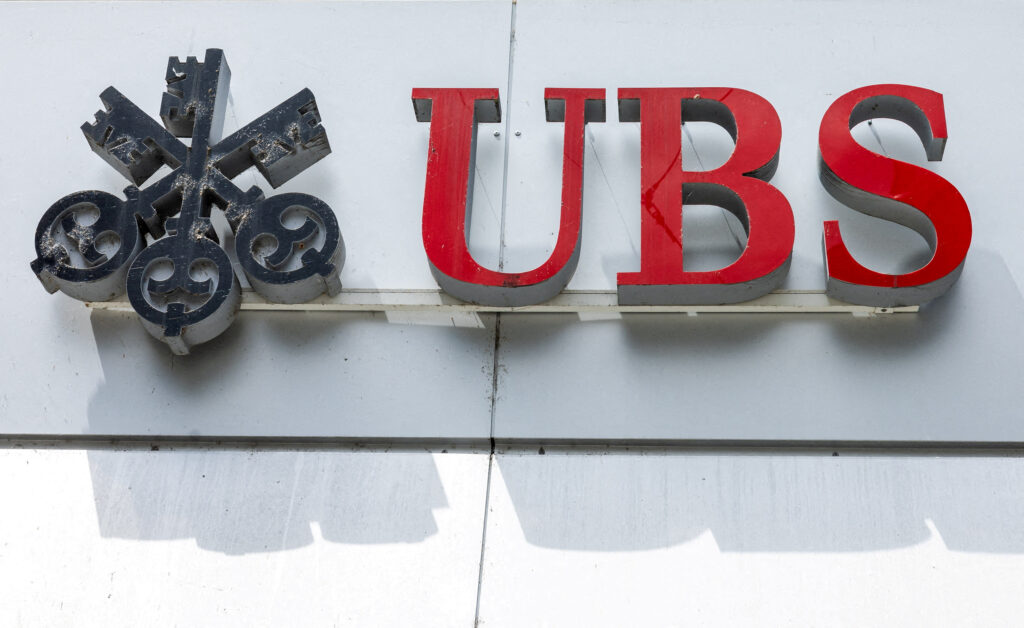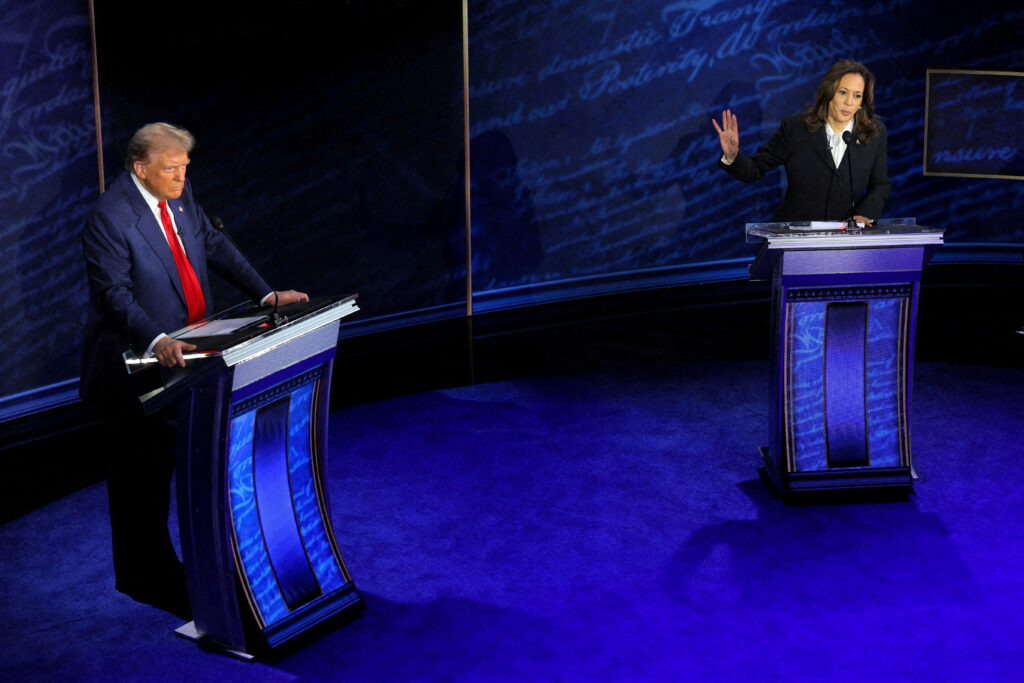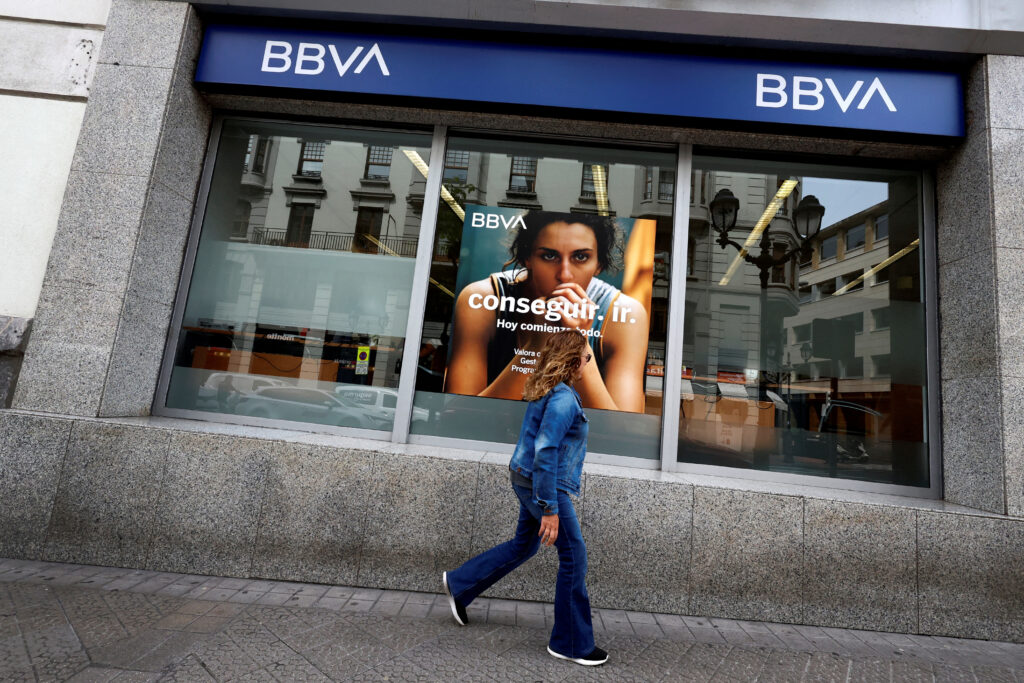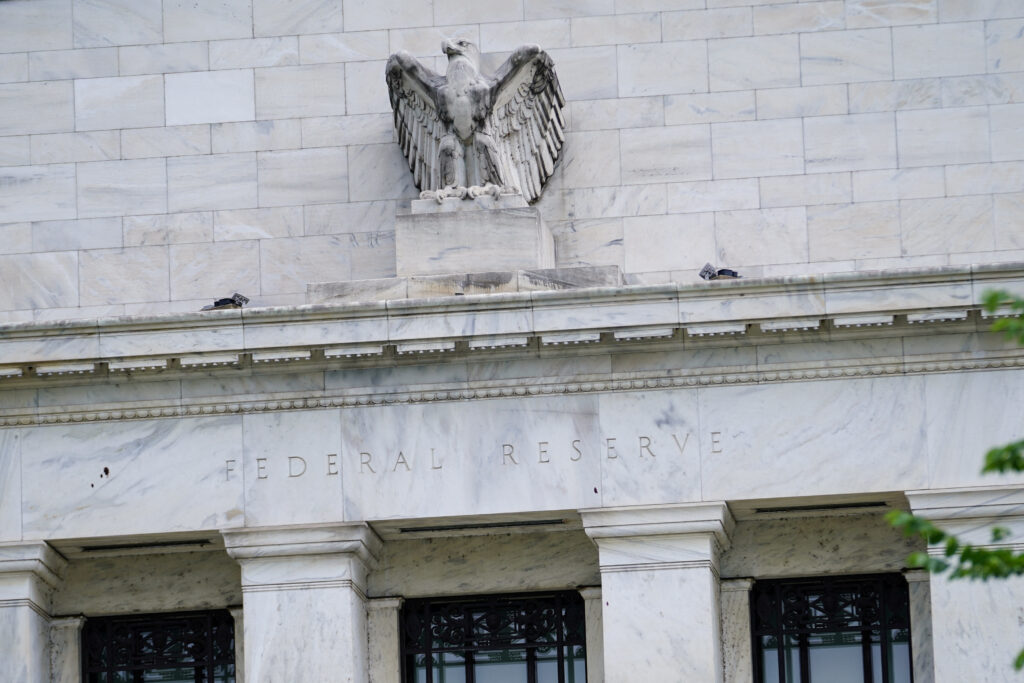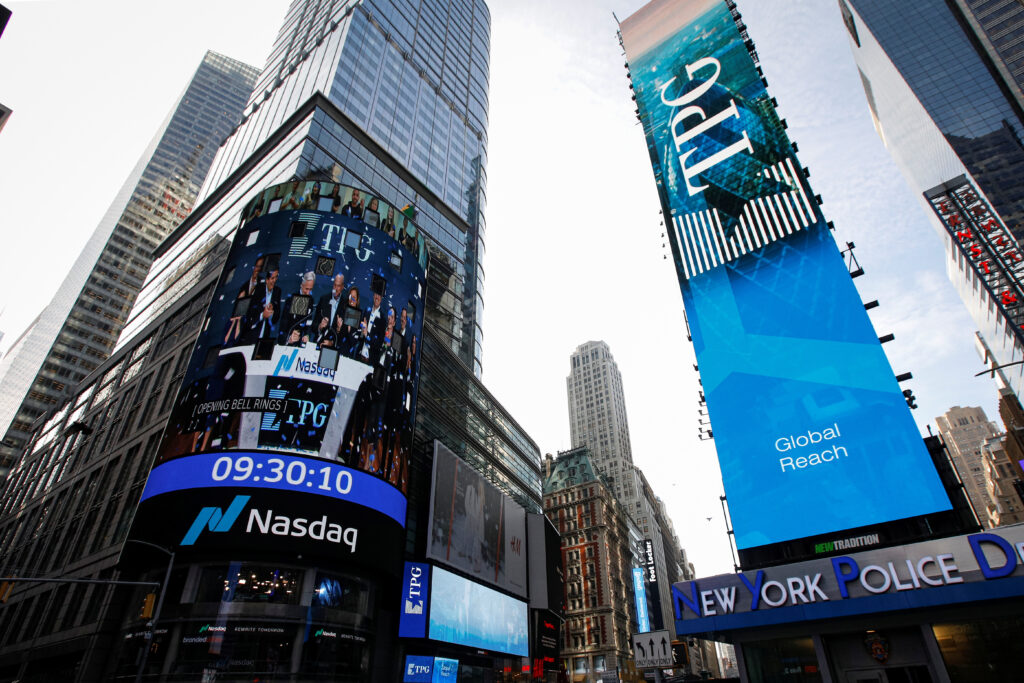An order—a fundamental trading unit of a security market—is a set of instructions to a broker to purchase or sell a security on behalf of investors.
Orders can be placed through the phone or an online trading platform. When an order is placed, it goes through an order execution. Orders can fall into many categories: limit orders, market orders, stop orders, buy-stop orders, and stop-limit orders.
However, this blog has explored two orders— Market Orders and Limit Orders—and discussed which serves investors better.
What is a Market Order?
A market order is a trade order executed immediately at the best available price. When a trader places a market order, they instruct the broker to buy or sell a security without concern for price, prioritizing the execution speed.
This order type is commonly used when the trader’s main objective is to execute the trade quickly rather than wait for a specific price.
How Does It Work?
When you place a market order, your trade gets filled at the best possible price offered by buyers or sellers in the market at that moment. For instance:
- Buy Market Order: When you submit a buy market order, it matches your order with the lowest available selling price.
- Sell Market Order: Conversely, placing a sell market order matches the highest available buying price.
In highly liquid markets like the stock market, a market order generally gets filled almost instantly, provided sufficient buyers or sellers match the order. However, due to market fluctuations, especially in volatile markets, the actual price at which the order is filled might slightly differ from the last quoted price.
Advantages of a Market Order
There are certain advantages of Market Orders. Some of them are as follows:
- Immediate Execution:
The primary advantage of a market order is its speed. Once placed, the order is executed as quickly as possible, usually within seconds.
- Simplicity:
Market orders are easy to use; traders don’t have to worry about setting specific price levels.
- Beneficial in High Liquidity Markets:
In highly liquid markets, such as major stock exchanges or currency markets, orders are generally filled at prices very close to the current market rate due to the availability of buyers and sellers.
- Good for Day Traders and Scalpers:
Market orders suit short-term traders who must enter or exit positions quickly without worrying about small price fluctuations.
Disadvantages of a Market Order
Market Orders have disadvantages that investors must be aware of. Some of the crucial ones are:
- No Price Control:
The biggest drawback is that traders have no control over the price at which their order is executed. In fast-moving or volatile markets, this can result in a significant difference between the expected price and the actual execution price, also known as slippage.
- Not Ideal for Low-Liquidity Assets:
In markets with low trading volume, there might be fewer buyers or sellers at the current price level, causing your market order to be filled at a less favorable price, sometimes far from the original quote.
- Poor Choice for Large Orders:
For large trades, market orders can experience a situation where the trade causes a significant movement in the asset’s price, leading to a worse fill price.
What is a Limit Order?
A Limit Order is a type of trading order that allows a trader to specify the price at which they want to buy or sell an asset. Unlike market orders, executed immediately at the best available price, a limit order is only executed if the market reaches the specified price or better.
How Does a Limit Order Work?
When you place a limit order, you set a predetermined price for buying or selling a security. The order will remain open until the market price reaches your set limit or the order expires.
For instance:
- If you place a buy limit order at $50, your order will only be executed if the stock price drops to $50 or lower.
- If you place a sell limit order at $100, your order will only be executed if the stock price rises to $100 or higher.
They are not guaranteed to execute because the price may not reach your limit, but they provide certainty regarding the price you’re willing to trade.
Advantages of Limit Orders
Some of the notable advantages of such orders are as follows:
- Price Control: Limit orders give you complete control over the price at which your trade is executed.
- Strategic Flexibility: They allow for a more strategic approach, as you can set buy or sell orders to automatically execute when your target price is reached, saving time and effort.
- Protection from Market Volatility: In rapidly changing markets, a limit order ensures that you won’t pay more than your desired buy price or sell for less than your target sell price.
- Suitable for Long-Term Investors: They allow long-term investors to wait for the ideal price without constantly monitoring the market.
Disadvantages of Limit Orders
Make sure to keep these disadvantages in mind while dealing with Limit Orders:
- No Guarantee of Execution: The biggest downside is that the order may not be executed if the market never reaches your set price, potentially leading to missed trading opportunities.
- Execution Delays: Even if the price reaches your limit, other orders in the market might fill before yours, especially in fast-moving or illiquid markets.
- Costs Incurred: In some cases, brokers may charge higher fees for these orders than market orders due to the complexity of processing them.
- Requires Monitoring: Although they can remain open until filled, they may need more monitoring, significantly if market conditions change rapidly
Which Order Type is Better for Different Trading Styles?
The ideal choice between market and limit orders depends on your trading style, risk tolerance, and time horizon.
A thorough analysis of the stock forecast for 2024 should be done, as each order type serves different purposes for various trading strategies, from fast-paced day trading to long-term investing.
For Day Traders: Why Market Orders Might Be a Better Fit?
Day traders operate in a fast-paced environment where quick decision-making is key to success. They aim to capitalize on short-term price movements and often hold positions for only a few minutes to a few hours. For this reason, market orders are usually the preferred choice for day traders.
Day traders need immediate execution to capitalize on rapid price changes. A market order guarantees fast entry or exit at the best available price, which is crucial when markets are volatile.
For Swing Traders: Why Limit Orders Offer Better Control?
Swing traders hold positions for a few days to several weeks, seeking to profit from price swings or fluctuations within a broader trend. Since they are not as time-sensitive as day traders, such orders are better suited to their strategy.
Swing traders can afford to wait for the right price before entering or exiting a trade.
For Long-Term Investors: Why Limit Orders Provide More Control?
Long-term investors typically hold assets for years, focusing on companies’ or markets’ fundamentals and overall growth potential. Since they are less concerned with short-term price fluctuations, limit orders are better aligned with their investment approach.
They allow investors to wait for their target price before buying, ensuring they don’t overpay for an asset in a temporarily inflated market.
Bottom Line
The choice between market and limit orders depends on your trading strategy and goals. Market orders prioritize speed, making them ideal for day traders who need immediate execution in fast-moving markets. On the other hand, limit orders offer price control, which benefits swing traders and long-term investors seeking to buy or sell at specific price points.
Ultimately, the best order type is the one that aligns with your overall investment strategy. Keep yourself updated with the latest news around stocks and securities with ABBO News.
Peter Williams, a financial writer with over five years of experience, specializes in covering stock market movements, bond markets, commodities, and macroeconomic trends.




